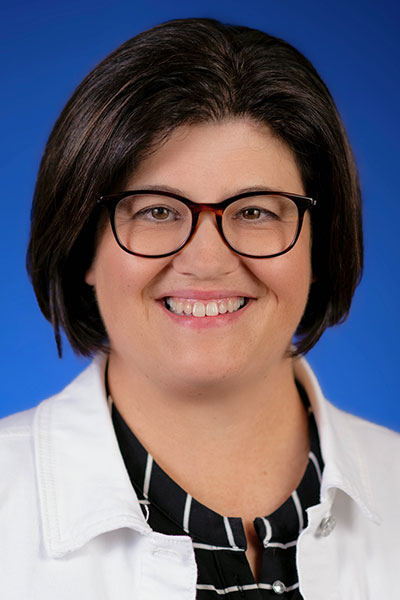Advances in behavioral diabetes research, including the use of innovative technologies and treatments, are rooted in theory and have brought important benefits to people living with diabetes. A Saturday, June 22, session will feature a panel of experts who will discuss the evolution of behavioral diabetes care, from its foundations to future possibilities for the field.

The Evolution of Diabetes Behavioral Care will be held from 4:30 p.m. – 6:00 p.m. ET in Room W307 of the Orange County Convention Center. The symposium will be livestreamed on the virtual meeting platform for registered meeting participants. It also will be available on-demand following the 84th Scientific Sessions.
Gretchen Piatt, PhD, MPH, Professor and Vice-Chair of the Department of Learning Health Sciences and Co-Director of the Michigan Center for Diabetes Translational Research at the University of Michigan Medical School, will begin the session by discussing the history of behavioral diabetes care and the evidence base for patient empowerment.
“Patient empowerment, established in the 1980s and 1990s, laid the foundation for behavioral diabetes care and research that is conducted today. Giants in the field conducted the foundational trials and studies that we continue to build on,” Dr. Piatt said. “Those studies were the first to demonstrate that patient empowerment is effective at improving clinical outcomes, behavioral outcomes, and psychosocial outcomes for people who are managing their diabetes.”
While those early investigators could not have foreseen how modern advances in diabetes care and technology would impact the daily lives of people living with diabetes, Dr. Piatt said that the fundamental tenets of patient empowerment, including patient-centered care and autonomous decision-making, remain integral to the practice of behavioral diabetes care.
“There is a strong and established evidence base for patient empowerment and, as diabetes research advances, we can keep building on it into the future,” she said. “As we start thinking about the use of artificial intelligence (AI) in patient care, for example, I think there is going to be direct applicability to patient empowerment and the use of AI to support behavior change and better diabetes self-management.”

Molly L. Tanenbaum, PhD, Clinical Psychologist and Clinical Assistant Professor in the Department of Endocrinology, Gerontology, and Metabolism at the Stanford University School of Medicine, will pick up on that theme and will discuss the proliferation of diabetes technology and the role for behavioral diabetes care providers in supporting its sustained and optimal use over time.
“Diabetes technology has come such a long way, with more and more people with both type 1 and type 2 diabetes adopting diabetes technology, such as continuous glucose monitoring (CGM) devices, insulin pumps, and automated insulin delivery systems,” Dr. Tanenbaum said. “All of these technologies can be very helpful, but the reality is they change things about people’s daily lives and how they manage their diabetes, and that can be challenging.”
People who are in the role of providing behavioral diabetes care need to be knowledgeable and aware of the challenges, she said, and be prepared to support people who are living with diabetes in all phases of their device journey.
“We can help people who use CGM data, for example, to make that data most helpful to them and to develop insights about their management of diabetes, such as seeing how their glucose fluctuates or changes with different foods or activities,” Dr. Tanenbaum said. “People who provide behavioral diabetes care can really help with coming up with those insights that can lead toward behavior change or sustaining behavior.” Also during this session, Nadia Islam, MA, MPhil, PhD, NYU Grossman School of Medicine, will discuss health equity in behavioral diabetes care.
Get On-Demand Access to the Scientific Sessions
There is still time to register for on-demand access to learn about the latest advances in diabetes research, prevention, and care presented at the 84th Scientific Sessions. Select session recordings will be available through Aug. 26.